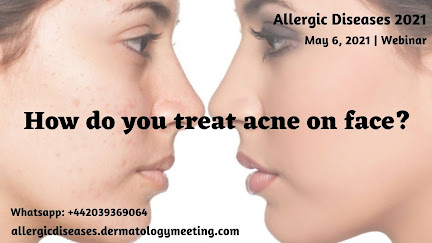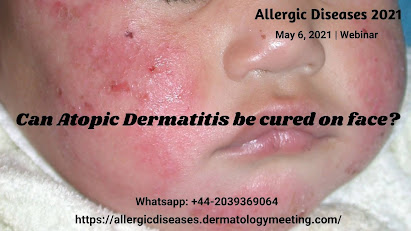How do you treat acne on face?
How do you treat acne on face?
Everyone gets acne some time, the right time to treat acne is when it enhance bothersome or when the potential for scarring develops. When serious acne flares suddenly, mild acne won't go away, or even a single pimple decides to show up the week before one's prom or wedding. Moderation and regularity are good things, but not everyone will sleep eight hours, eat three healthy meals per day, and drink plenty of water a day. Probably the most useful lifestyle changes can make to pick or squeeze pimples. Playing or popping pimples, no matter how attentive and clean one, always makes bumps stay redder and bumpier longer. People frequently refer to redness as "scarring," but fortunately, generally isn't permanent. It's just a mark which takes months to fade if left entirely alone. Treating acne requires patience and perseverance. Any one of the treatment listed above will take two or three months to start working. In case there are side effects like excessive dryness or allergy, it is very important to give each regimen or drug enough time to work before giving up on and moving on to other methods. Using modern methods, doctors may help to clear up the skin of everyone.
These are all good
basic skin regimens that may help with the acne battle
- Cleanse gently twice daily.
- Apply a gel or cream containing 5%
benzoyl peroxide; an alternative is sulfur or resorcinol. Use a pad containing
2% salicylic acid to help exfoliation each morning.
- At night, apply a spot cream containing
sulfur to the affected areas.
- Use a light skin moisturizer and
water-based makeup
Antibacterial cleansers
come in form of gels, creams, and lotions which are applied to the affected
area. The energetic ingredients which kill surface bacteria include benzoyl
peroxide, sulfur, and resorcinol. Some brands are promoted on the Internet and
cable TV (such as ProActiv) which is more expensive than identical and
sometimes more potent products one can buy in the drugstore. Benzoyl peroxide
causes red and scaly skin irritation in a very less number of people, which
goes away as soon as one stops using the product. Keep in your mind that
benzoyl peroxide is bleach, so don’t let products contain benzoyl peroxide come
in contact with fabrics, leaving unsightly white spots on colored clothes,
shirts, towels, and carpets.
Home remedies for
treating acne
- Cosmetics
- Facials
- Pore strips
- Toothpaste



Comments
Post a Comment